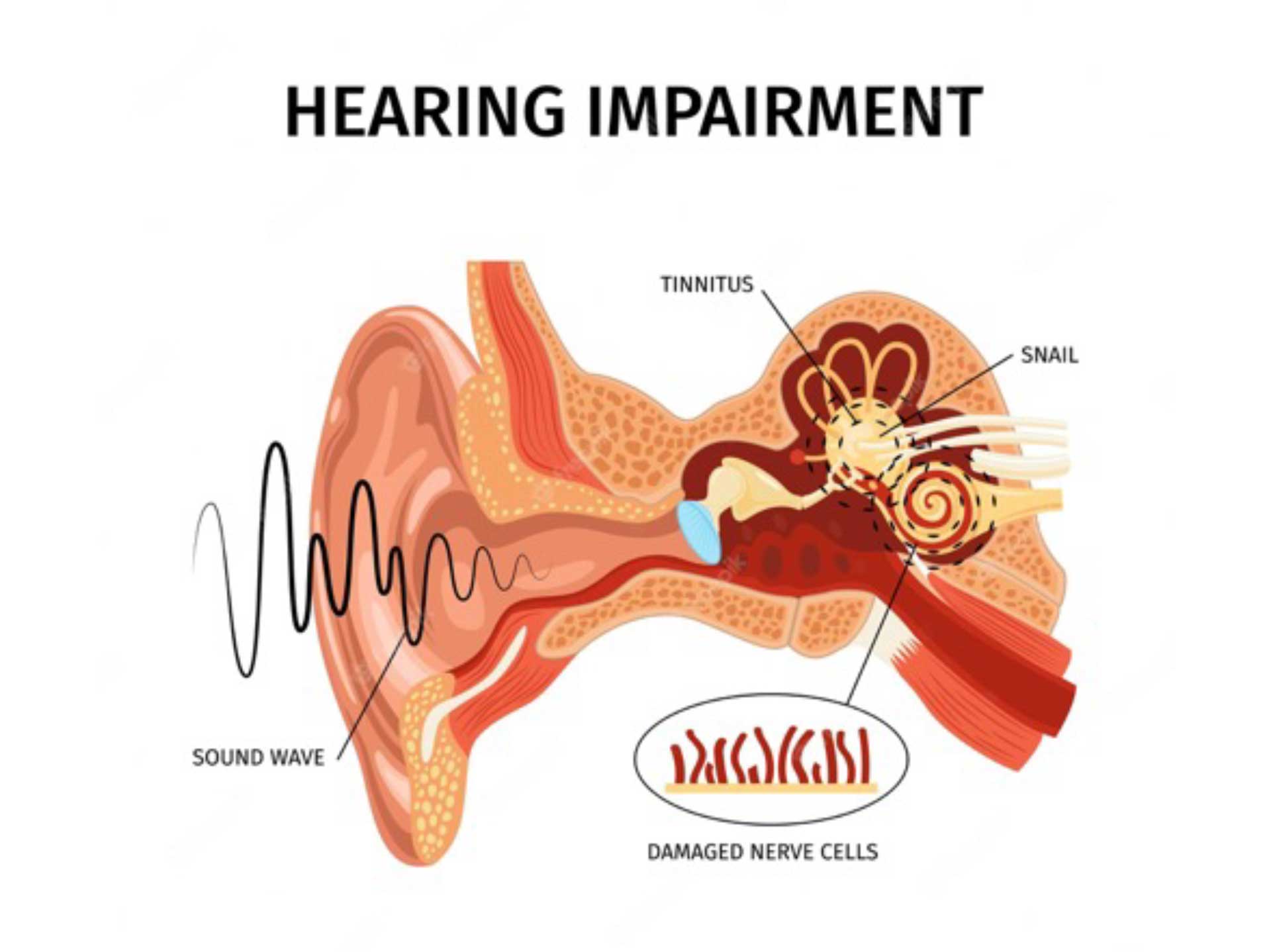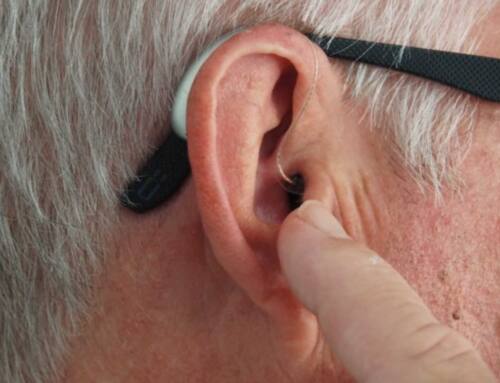
Tinnitus, a condition characterized by persistent ringing or buzzing in the ears, can be a challenge to treat and manage. With numerous potential causes and symptoms, finding the most successful tinnitus treatment often requires a multifaceted approach. This comprehensive guide will explore various treatment options, common causes, and lifestyle adjustments that can help alleviate tinnitus and improve the quality of life for those affected.
Tinnitus Treatment: A Multimodal Approach
There is no one-size-fits-all solution for tinnitus. What works for one person may not necessarily work for another, and often, a combination of different treatment strategies is needed to achieve the best results. Here are some common tinnitus treatment modalities:
1. Addressing the Underlying Cause
Treating the root cause of tinnitus is often the first step in addressing the condition. Examples of underlying causes that can be treated include:
- Removing impacted earwax
- Managing blood vessel abnormalities through medications or surgical interventions
- Adjusting or discontinuing medications that may contribute to tinnitus
2. Noise Suppression Techniques
Noise suppression devices can help minimize the impact of tinnitus by producing sounds that mask or reduce the perceived noise. Some examples of these devices include:
- White noise machines, which generate a constant, soothing sound that can help drown out tinnitus
- Hearing aids, which can help correct hearing loss and amplify external sounds, making tinnitus less noticeable
- Masking devices, similar to hearing aids, that produce continuous, low-level white noise to help suppress tinnitus symptoms
3. Tinnitus Retraining Therapy (TRT)
TRT is a specialized treatment that uses a wearable device to deliver individually programmed tonal music designed to mask the specific frequencies of a person’s tinnitus. Over time, this can help the brain become less sensitive to the tinnitus noise.
4. Medications
While there are no medications specifically designed to cure tinnitus, some drugs, such as tricyclic antidepressants and alprazolam, may help reduce the severity of symptoms or associated complications.
5. Nutritional Supplements
Certain supplements, including ginkgo Biloba, zinc, and vitamin B, may help alleviate tinnitus symptoms for some individuals.
Common Causes of Tinnitus
Understanding the potential causes of tinnitus can help guide treatment and management strategies. Some common causes include:
- Hearing loss
- Ear blockages or obstructions
- Prolonged exposure to loud noise
- Damage to the middle ear bones
- Meniere’s disease, an inner ear disorder that can cause tinnitus, hearing loss, and dizziness
- Temporomandibular joint (TMJ) disorders
- Head or neck injuries that can affect the inner ear, hearing nerves, or brain function related to hearing
- Acoustic neuroma, a tumor that arises from the nerve connecting the brain to the inner ear
- Eustachian tube dysfunction
- Muscle spasms in the inner ear
- Atherosclerosis, or plaque buildup, within the blood vessels of the inner ear
- Head and neck tumors
- High blood pressure
- Turbulent blood flow in the neck
- Malformation of capillaries (tiny blood vessels) in the ear
- Certain medications
Lifestyle Modifications and Home Remedies for Tinnitus Management
Since there is no definitive cure for tinnitus, implementing coping strategies and making lifestyle changes can help make the condition more manageable. Some suggestions for managing tinnitus at home include:
1. Avoiding Known Irritants
Steering clear of factors that worsen tinnitus, such as loud noises or certain medications, can help minimize symptoms.
2. Masking the Noise
Tinnitus is often more noticeable in quiet environments. Soft background music or the hum of a fan can help mask tinnitus noise and make it less bothersome.
3. Managing Stress
Stress can exacerbate tinnitus, so learning to manage stress through relaxation techniques, exercise, or counseling can help alleviate symptoms.
4. Reducing Alcohol Consumption
Alcohol can dilate blood vessels and increase blood flow within the inner ear, potentially worsening tinnitus. Limiting alcohol intake may help improve symptoms.
5. Exploring Alternative Therapies
Some individuals may find relief through alternative therapies like acupuncture or hypnosis. While there is limited scientific evidence supporting their effectiveness for tinnitus, they may be worth considering as part of a comprehensive treatment plan.
6. Seeking Support
Counseling, education, and emotional support can help individuals cope with the stress, anxiety, or depression associated with tinnitus. Support groups or therapy can provide valuable resources for managing the condition and improving overall well-being.
In conclusion, living with tinnitus can be a challenging experience, as it affects various aspects of a person’s life, such as concentration, sleep, and emotional well-being. However, there is hope for individuals in Edmonton who are seeking relief from this condition. With the implementation of a comprehensive and personalized tinnitus treatment approach, incorporating a range of strategies and lifestyle adjustments, the quality of life for those affected can be significantly improved. By seeking professional help, such as the services offered by Hear In Edmonton, individuals can find effective solutions to alleviate symptoms and regain control over their daily lives. Remember, tinnitus may be a persistent condition, but with the right support and treatment, it is possible to minimize its impact and restore a sense of peace and tranquility.



Leave A Comment
You must be logged in to post a comment.